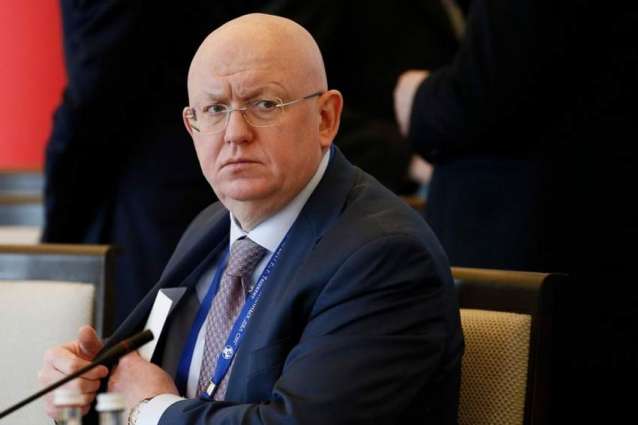Russian Permanent Representative to the United Nations Vassily Nebenzia told Sputnik on Monday that the new "highly likely" scheme has been actively used against Moscow and several other countries at the international organization in recent years
UNITED NATIONS (Pakistan Point News / Sputnik - 10th February, 2020) Russian Permanent Representative to the United Nations Vassily Nebenzia told Sputnik on Monday that the new "highly likely" scheme has been actively used against Moscow and several other countries at the international organization in recent years.
"In the last few years after 2014, a new scheme was formed that targeted us and a number of other countries. If I were to describe it in two words, it would be the 'highly likely' method," Nebenzia said.
Nebenzia explained that today, it is enough to put a label and blame a country, often Russia, for a wrongdoing without further substantiating it with facts.
"This is a very cheap in every sense of the word way of waging psychological warfare. I will not give examples, you know them perfectly well," the diplomat said.
Nebenzia added that another scheme that has become widely used at the United Nations is promoting the so-called rules-based world order under the guise of strengthening multilateralism. According to Nebenzia, behind the formula of the rules-based world, there are attempts to establish laws that are beneficial to a particular group of countries and do not necessarily envisage the consensus of the global community.
The phrase "highly likely" has been widely used by UK officials in relation to Moscow's alleged involvement in the poisoning of former Russian double agent Sergei Skripal in Salisbury in March 2018.
The United Kingdom expelled 23 Russian diplomats after then-Prime Minister Theresa May claimed it was "highly likely" that Russia was responsible for the poisoning of Skripal and his daughter Julia. Russia denied the claim and retaliated by sending out 23 UK diplomats.
Moscow has repeatedly noted that London has not provided any evidence proving its role in the poisoning. Russia has said it has sent over 70 diplomatic notes to the United Kingdom, calling for cooperation in the case. London, however, left them unanswered, instead claiming that Moscow has refused to cooperate on the issue.




